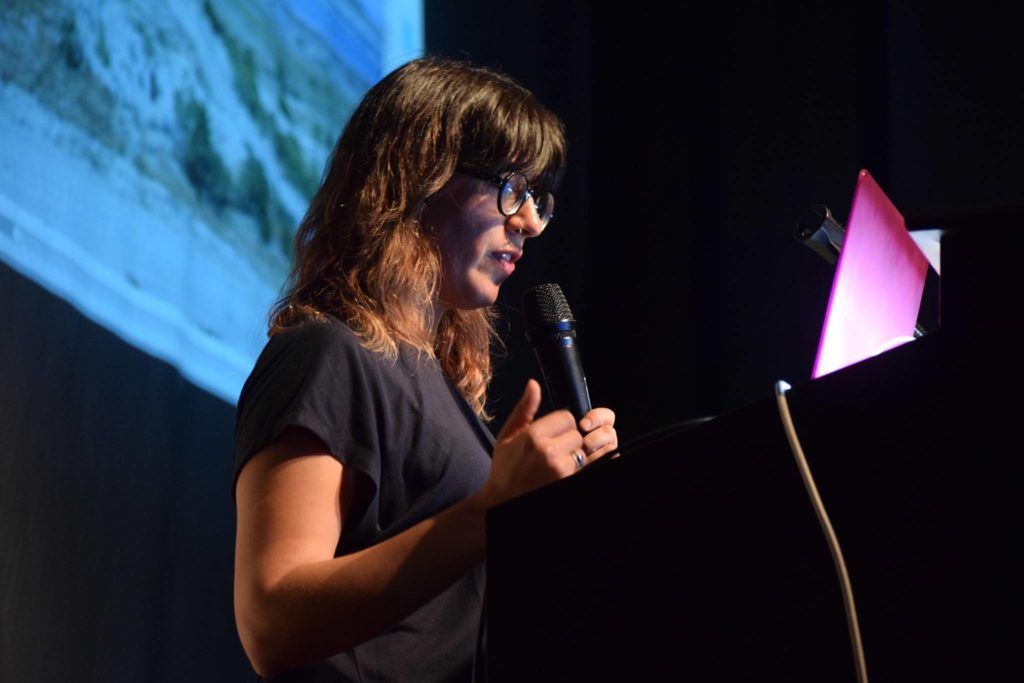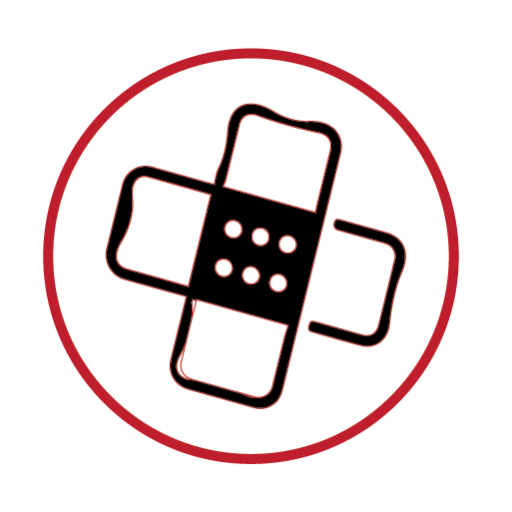Critical care and Sustainable Care
Friday, March 18, 6:00- 8:00 pm
Maria Antonia Gonzalez-Valerio, Professor of Philosophy and Literature, UNAM, Mexico City.
Suvendrini Lena, MD, Playwright and Neurologist at CAMH and Centre for Headache, Women’s College Hospital, Toronto
Adriana Ieraci, Entrepreneur, Technologist and PhD Candidate in Computer Science, Ryerson University
Lucia Gagliese – School of Kinesiology and Health Science, York University
What is care? We are familiar with its institutional practice as critical care, that is, as a series of services and operations being performed on a body that visibly presents as ill (whether physically or mentally so). From disease diagnosis to prognosis and treatment, critical care is presently dominated by principles of quantification and discrete analysis. This is what one of our speakers last week defined as the violence of data. Critical care is performed under conditions of emergency and just-in-time intervention like we have also seen during the pandemic. Another idea often associated with critical care is that medical care is here to fix a machinery or a mechanical apparatus and that technologies might just do that. The more technologies, the more interventions, the more diagnostics, often performed by AI, the better the care.
This approach that typify critical care effectively obfuscates the agency and living complexity of the ill person, parceling out their body/mind into atomized bits that don’t talk to one another. We actually know how difficult it is to do diagnosis or prognosis by dividing the body in many bits and pieces, or by not consider diseases as multisystem conditions. It also completely bypasses the systemic (colonial, social and environmental) conditions of illness and make their chronic, long-term effects invisible. Among the victims of an exclusive focus on critical care are not only patients systemically disadvantaged by way of race, gender, geopolitical location and socio-economic status, whose chronic exposure to systemic stressors goes routinely unnoticed, but also professional caregivers (doctors, nurses, first responders) repeatedly exposed to the cynical logic of triage culture and cyclical burnouts. We are all familiar with the unfortunate situation of health care workers having to quit their job because of overwork, underappreciation and frustration. Many of us have read the popular article by Ed Yong on the Atlantic titled WHY HEALTH-CARE WORKERS ARE QUITTING IN DROVES, where he writes that in the US alone, “About one in five health-care workers has left their job since the pandemic started.” In Canada the Canadian Medical Association (CMAJ) journal noted that at the end of 2020, job vacancies in Canada’s health care sector hit a record high of 100,300, up more than 56 per cent from the previous year. It was reported that emergency departments and intensive care units are disproportionately affected.
What is going on? Our take on this is that We need a type of care that centers principles of long term, continuous, respectful, holistic, and compassionate tending to the livingness of our being: a type of care that does not just treat one organ, or one condition, but recognizes the complexity of patients as beings with agency.
We need a care that looks beyond the body as a machine, or as a citadel to be defended (as countless metaphors of war constantly remind us), or as a battle against an invisible enemy, where winning becomes the sole responsibility of the individual. We also need a kind of care capable of attending to people not as just isolated individuals but as part of a larger mesh of communal and community support; We need a new type of care based on socially just, all-encompassing and compassionate practice. Sustainable care does not need heroic individuals but supportive communities.
Our guests tonight will approach these issues from a number of perspectives and practices: as an issue of ethics, as an issue that cannot be solved by just incorporating more technologies, or by making technologies “smarter” and more. They are critical thinkers, playwrights, technologists, neurologists and much more.
María Antonia González Valerio holds a PhD in Philosophy from the National Autonomous University of Mexico (UNAM) with postdoctoral studies in aesthetics. Full-time professor of the Faculty of Philosophy and Literature. She works within the research line of ontology-aesthetics and the interdisciplinary line of arts, sciences, and humanities. Head of the research group Arte+Ciencia (Art+Science) which gathers artists, scholars and scientists in an interdisciplinary work that produces education at an under and postgraduate level, specialized theoretical research, artistic productions, and exhibitions, www.artemasciencia.org. Author of the books: Cabe los límites. Escritos sobre filosofía natural desde la ontología estética (México: UNAM/Herder, 2016), Un tratado de ficción (México: Herder, 2010) and El arte develado (México: Herder, 2005). Coordinator of the artistic collective “BIOS Ex Machina: Workshop for the fabrication of the human and the non-human” which develops projects of transgenic and biotechnological art. She has also worked as curator of exhibitions on art and science.
Suvendrini Lena is an Assistant Professor of Neurology and Psychiatry at U of T, staff neurologist at Women’s College Hospital, and a playwright.
As a clinical teacher, Suvendrini uses theatrical methods to open space for reflection and creativity within medical practice. Outside the clinic and classroom, Suvendrini works in theatre to open new conversations about medicine, healing and social justice.
Suvendrini brought ten years of experience working closely with people with schizophrenia and a lifelong interest in the revolutionary medicine of Dr. Frantz Fanon to her new collaborative work, Here are the Fragments.
Adriana Ieraci is a designer and innovator with a background in engineering, who works with emerging technologies such as smart textiles, AI and robotics.
Her research interests include the application of artificial intelligence and robotics in health and healthcare, patient behaviour and decision-making, and human-centred design, and innovation.
She is the founder and CEO of Conveyor Built, a product and service design firm that uses human-centred design to develop new product and service ideas that use AI and robotics.
She is currently leading the research and development of a wearable medical device to prevent muscle loss due to inactivity during hospital stays.
Ms. Ieraci has worked with startups and research institutions developing strategy, business models, service and experience designs.
She is a human-centred design, service design and technology entrepreneurship lecturer at the Faculty of Medicine, and the Faculty of Information, University of Toronto.
Adriana’s passion for technological literacy and open innovation inspired her to start the GYBO Robotics Network, a network of over 850 roboticists and robot enthusiasts in southern Ontario.
She is a member of the board of the Parametric Human Project.
Lucia Gagliese PhD, CPsych, is a writer, psychologist, and professor in the School of Kinesiology and Health Science, York University. Her research focuses on healthcare for vulnerable people, in particular within the palliative and end of life care context. To that end, she has been funded by CIHR and the Canadian Cancer Society to study barriers to care and to effective pain management based on age/ageism, cognitive status and ability to verbally communicate. More recently, she has been studying the role of the arts in health education, in particular using fiction to teach gerontology and psychology. She also writes health-related short stories and leads writing workshops for healthcare providers and people with chronic illnesses and pain. Her creative writing has appeared or is forthcoming in Best Canadian Stories-2021, The New Quarterly, The Healing Muse, and others.




